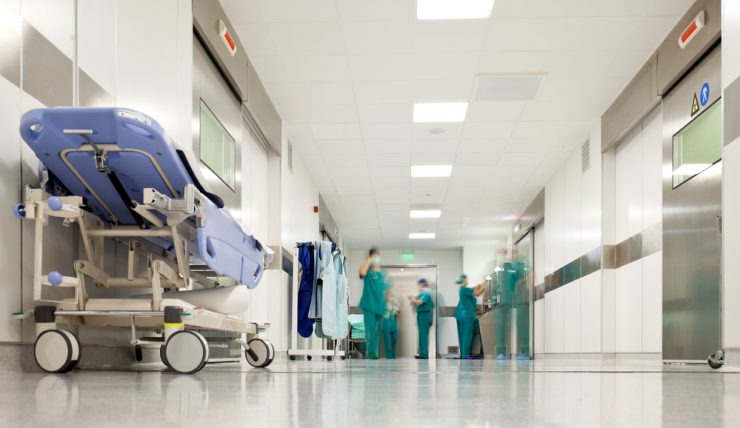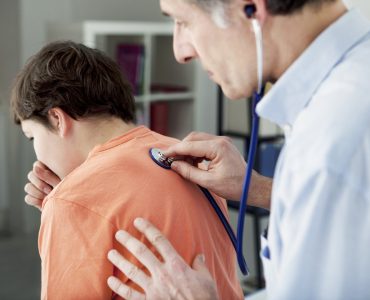When an internal area of the body, like an organ, moves forward due to weakness in a certain muscle of could even be the neighbouring tissue wall, this condition is called a hernia. Generally the muscles are tight and strong so as to keep the organs and intestines in their positions, but at times they are not so, resulting a hernia.
A hernia can happen in any part of the abdominal region. The different kinds of hernia are as follows:
Umbilical hernia occurs when tissue nudges in the area of the abdomen close to the belly button that is the navel. This kind of a hernia is widespread in children. But this does not need any treatment as it disappears as the child grows older.
Femoral hernia occurs when the tissue nudges either on the apex of the inner thigh or in the groin. This is not as widespread, more likely in females.
Inguinal hernia occurs when a tissue generally a portion of the intestines nudges in the lower abdomen. This is the most in widespread hernia, it commonly occurs in men, it can occur at any age, but the older you are then you are more prone to it.
Incisional hernia occurs when a tissue nudges in an incision or a surgical wound that would have not fully recuperated. This is quite rare and usually builds up resulting in an infection after a surgery.
Hiatus hernia occurs at the apex of the abdomen.
In quite a few cases the hernia causes negligible or no symptoms at all. But due to a hernia there are chances of interference of the supply of blood to the intestines or even a bowel obstruction, and both these cases need immediate medical aid. Thus a surgery is advised so as to avoid these problems.
Symptoms
The chief indication of hernia is a bulge in the groin or abdominal area. This bulge could be detected in a check up and is usually causes no pain.
In a few cases the hernia could be urged back into the abdomen this is called reducible hernia and a few cases where it cannot be urged back into the abdomen is called irreducible hernia. People suffering from irreducible hernia would have problems like interference in the supply of blood to the intestines or obstruction in the bowel, this condition is called strangulated hernia.
In a few cases, a few actions could cause pain in the hernia, these actions are intercourse, bending, coughing, and carrying heavy things.
There could be a possibility of a portion of the intestine getting caught in the weak point. This as a result can cause an impasse of the bowel and as a result passing of stools would not be possible.
The indications of this condition are nausea, severe pain, vomiting, and feeling full and bloated.
There is one more possible problem that the portion of the intestine gets firmly jammed against the muscles of the abdomen, which would result in loss of supply of blood, which is strangulated hernia.
The indications of strangulated hernia are swelling, red skin in the region of the hernia, vomiting, pain is felt if the hernia is touched, constant pain, which gets as time passes, and nausea.













